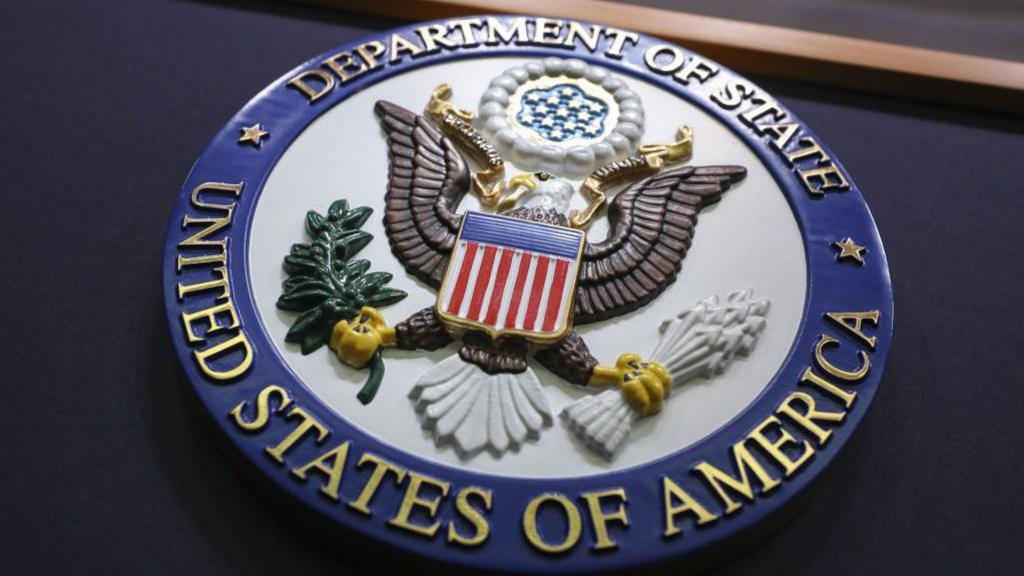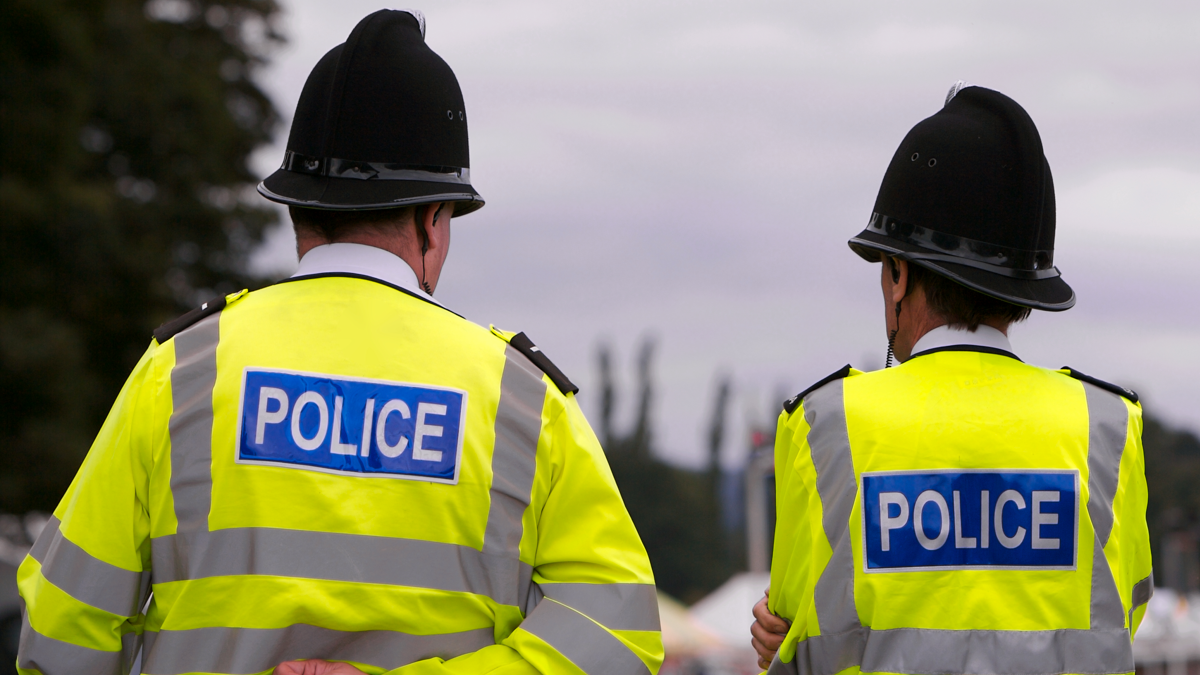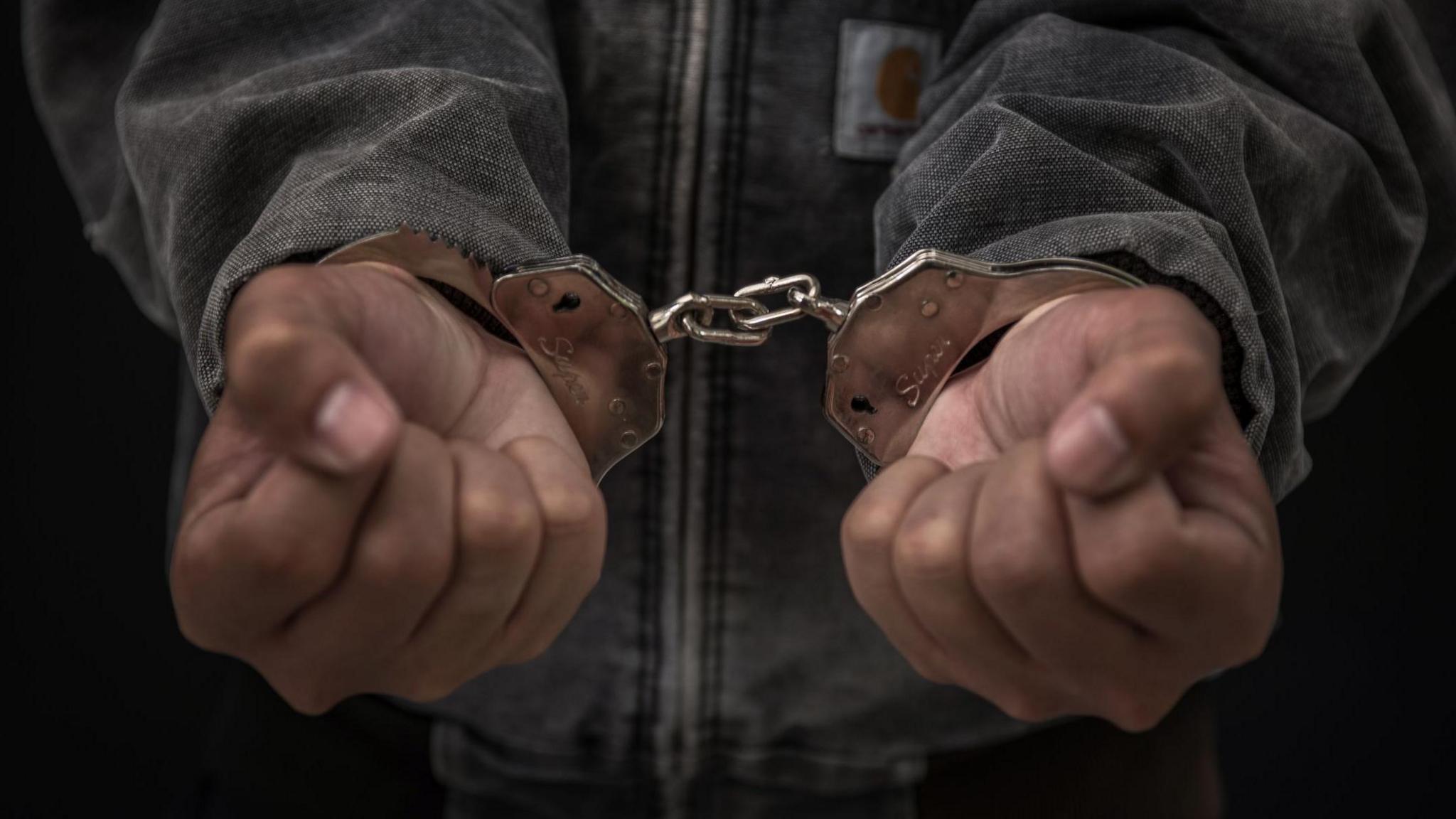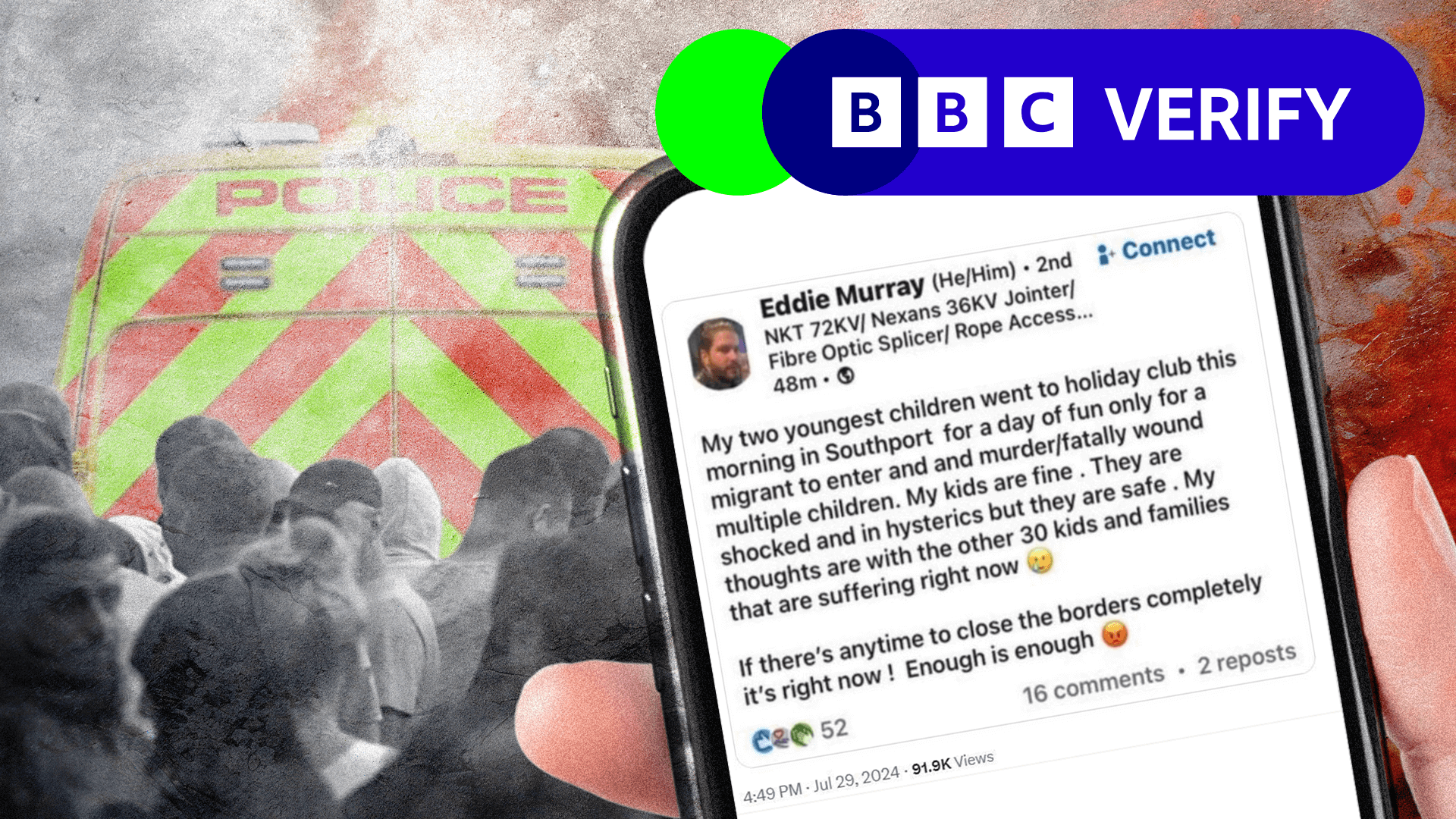US says UK human rights have worsened in past year

- Published
A report produced by the Trump administration says the human rights situation in the UK has "worsened" over the past year.
The annual report, which looks at global human rights, specifically pointed to what it said were restrictions on freedom of expression and threats of violence motivated by antisemitism in Britain.
The criticism echoes comments previously made by members of the US president's senior team, including Vice-President JD Vance.
A UK government spokesperson said: "Free speech is vital for democracy around the world including here in the UK and we are proud to uphold freedoms whilst keeping our citizens safe."
The report also describes the human rights situation as having "worsened" in France and Germany.
On freedom of speech in the UK, it said "specific areas of concern" included restrictions on political speech deemed "hateful" or "offensive".
It said the response to last year's Southport attacks had been an "especially grievous example of government censorship", adding, "censorship of ordinary Britons was increasingly routine, often targeted at political speech".
Three young girls were stabbed to death at a Taylor Swift dance class by 18-year-old Axel Rudakubana in July 2024.
A peaceful vigil was held in the town the next day, but misinformation spread online about Rudakubana led to violent protests.
Posts claiming he was an asylum seeker, who had arrived in the UK on a small boat, were shared widely.
In the wake of the rioting, action was taken against internet users who made the false claims and urged revenge. Prime Minister Sir Keir Starmer promised that those involved would "face the full force of the law".
The US state department report said local and national government officials had "repeatedly intervened to chill speech".
State department spokeswoman Tammy Bruce, without naming the UK specifically, said online restrictions had targeted "disfavoured voices on political or religious grounds."
"No matter really how disagreeable someone's speech may be, criminalising it or silencing it by force only serves as a catalyst for further hatred, suppression or polarisation," Bruce told reporters.
The report, external also pointed to buffer zone laws which prohibit protests outside abortion service centres and Public Spaces Protection Orders, powers local councils can use to ban certain anti-social activities.
Scotland implemented 200m (656ft) buffer zones in September 2024. A month later, 150m buffer zones were put in place around abortion clinics in England and Wales.
When they were introduced, safeguarding minister Jess Phillips said: "We will not sit back and tolerate harassment, abuse and intimidation as people exercise their legal right to healthcare."
In April, a woman was convicted of holding a sign reading "Here to talk, if you want" outside a clinic in Bournemouth.
Livia Tossici-Bolt's case was highlighted by Vance and the Bureau of Democracy, Human Rights, and Labour - a bureau within the US state department.
The bureau said it was "disappointed" by the ruling. "Freedom of expression must be protected for all," it added.
On a more positive note, the report also highlighted how "the government effectively enforced laws protecting freedom of association, collective bargaining, and the right of workers to engage in a strike or other industrial action".
- Published13 August

- Published12 August

- Published25 October 2024
